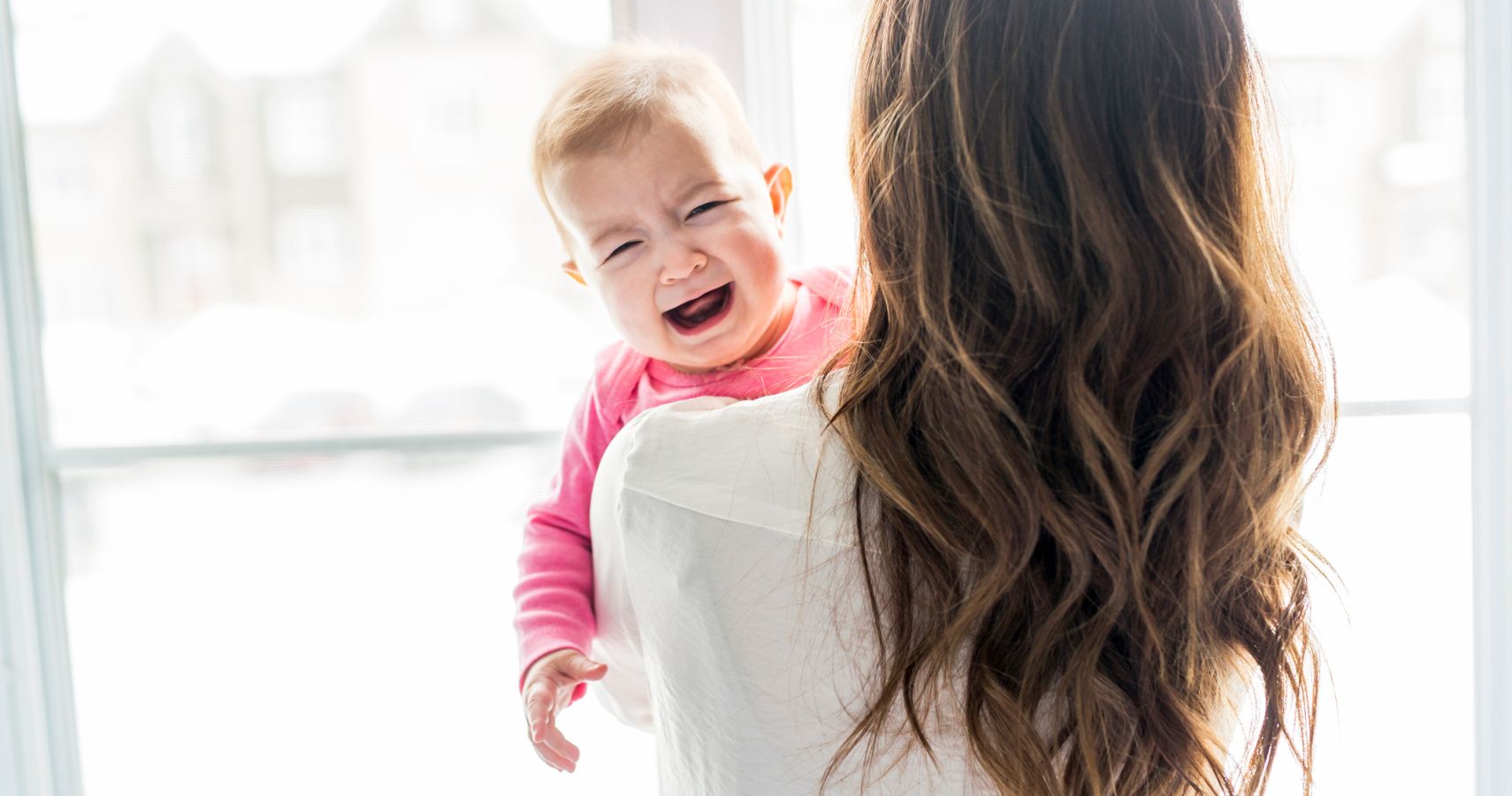Early motherhood can be a stressful time. Not only are many women recovering from the pregnancy and childbirth itself, but adjusting to having a baby in the home and all of the responsibility that comes along with it, can take a toll on their mental health. While it can be easy to assume that this new mom stress is temporary and no-big-deal, a new study has found that it’s actually quite serious and can even result in long-term health risks. Even more, researchers have learned that despite the fact that all new moms experience stress, race and class are huge factors as to how serious it can be.
The study, published in the American Journal of Perinatology, looked at 2,400 low-income women across several racial and ethic backgrounds in five separate health care settings around the country — Chicago, Baltimore, Los Angeles, Washington, D.C., and North Carolina. Before birth, six months and one-year postpartum, scientists recorded things like blood pressure, heart rate, cholesterol, body mass index, body measurements and other biomarkers. Some of the women also had readings before they became pregnant. The readings were used to create an all-over composite measure of their health, and how pregnancy and motherhood cumulatively impacted their physical and psychological health.
"All mothers are affected by stress, but low-income women and especially African-American and Hispanic women have more adverse health-risk profiles during their children's first years of life," said Sharon Landesman Ramey, a professor and distinguished research scholar at the Fralin Biomedical Research Institute at VTC and an author of the paper. "Our study was designed to look for biomarkers that are sensitive to psychological and physical stressors, and in turn determine whether those stressors contribute to poor outcomes for mothers and children."
PREVIOUSLY: Moms Are Most Stressed With Three Children, Study Finds
What they discovered is super scary. While all new moms — regardless of race, experience stress — low-income minorities undergo more physical “wear-and-tear” during the first year, and subsequently may have more long-term health problems.
Another interesting finding of the study, is that researchers found evidence that breastfeeding may provide some protection from the health damage caused by the physical stress of pregnancy and childbirth.
Researchers hope this information will help improve the health outcome for these women in the future."Filling this knowledge gap could lead to health interventions to lower the risk of chronic disease for mothers, many of whom are planning to have more children,” explained Madeleine Shalowitz, a Research Professor of Pediatrics at the Pritzker School of Medicine at the University of Chicago, Program Director of Outcomes Research at NorthShore University HealthSystem Research Institute, and a co-investigator in the study.“As many of these women will become pregnant again, improving their health will lead to a healthier next pregnancy."
Hopefully we can use this new information to keep all new moms healthier — no matter their race of socioeconomic status.
PREVIOUSLY: The Stress You Felt When You Got Pregnant Influences Your Kid's Stress Now

